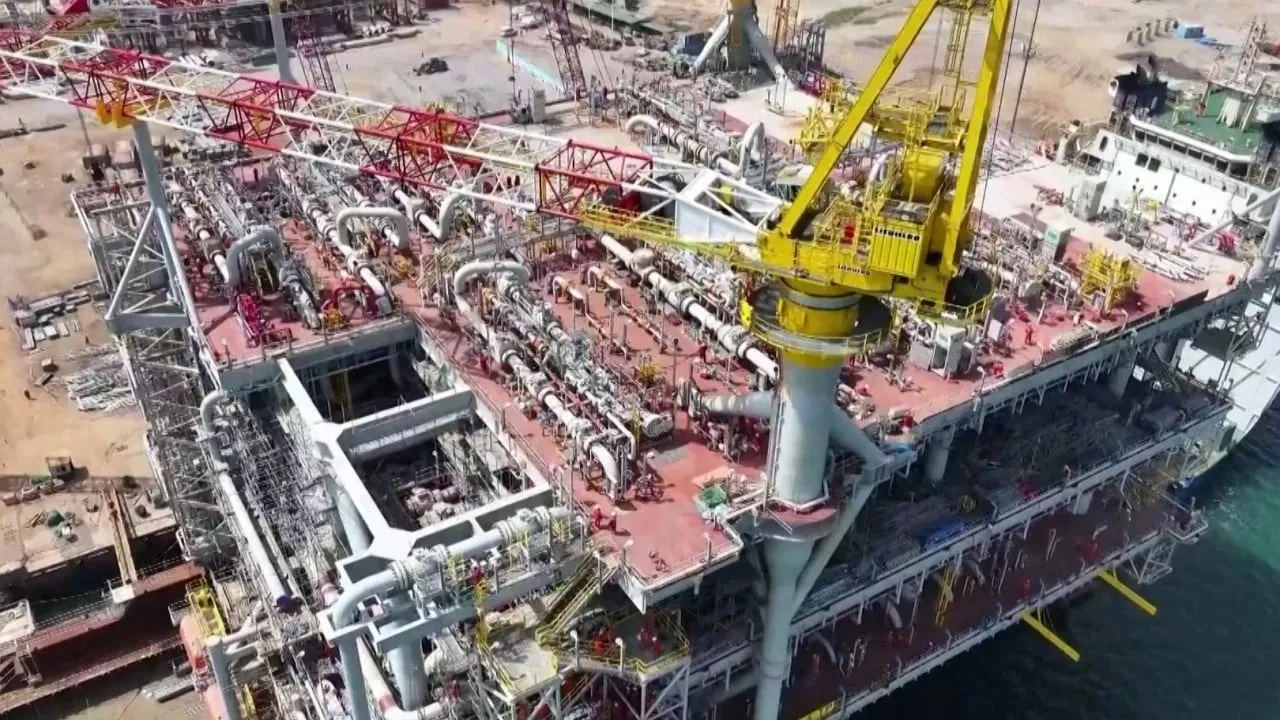China-Middle East Relations: Expanding Trade and Investment Opportunities

Saudi Arabia's Openness to Petroyuan in Crude Settlements
In a significant development regarding China-Middle East relations, a senior Saudi official expressed the country's willingness to explore the use of the petroyuan in crude oil settlements. This move is seen as part of Saudi Arabia's broader strategy to diversify its economy away from oil dependence under Saudi Vision 2030.
Impact of Increased Trade and Investment
- Saudi Arabia is China's second-largest source of crude imports.
- The nation is keen on China trade to enhance its industrial capabilities.
- Efforts to incorporate Chinese products such as electric vehicles and renewable energy infrastructure highlight the growing collaboration.
China's Expanding Influence in the Middle East
As China investment in the region surges, initiatives like the three-year currency swap deal worth 50 billion yuan with Saudi Arabia symbolize deeper economic ties. This strategy aims to broaden the adoption of the yuan and challenge the dominance of the US dollar in global oil transactions.
Prospects for Future Collaboration
- Saudi Arabia anticipates increased cooperation in sectors including renewable energy, robotics, and pharmaceuticals.
- The C919 passenger jet project further illustrates joint ventures in advanced technologies.
- Saudi officials encourage Chinese companies to invest, bolstering the Saudi economy.
This article was prepared using information from open sources in accordance with the principles of Ethical Policy. The editorial team is not responsible for absolute accuracy, as it relies on data from the sources referenced.